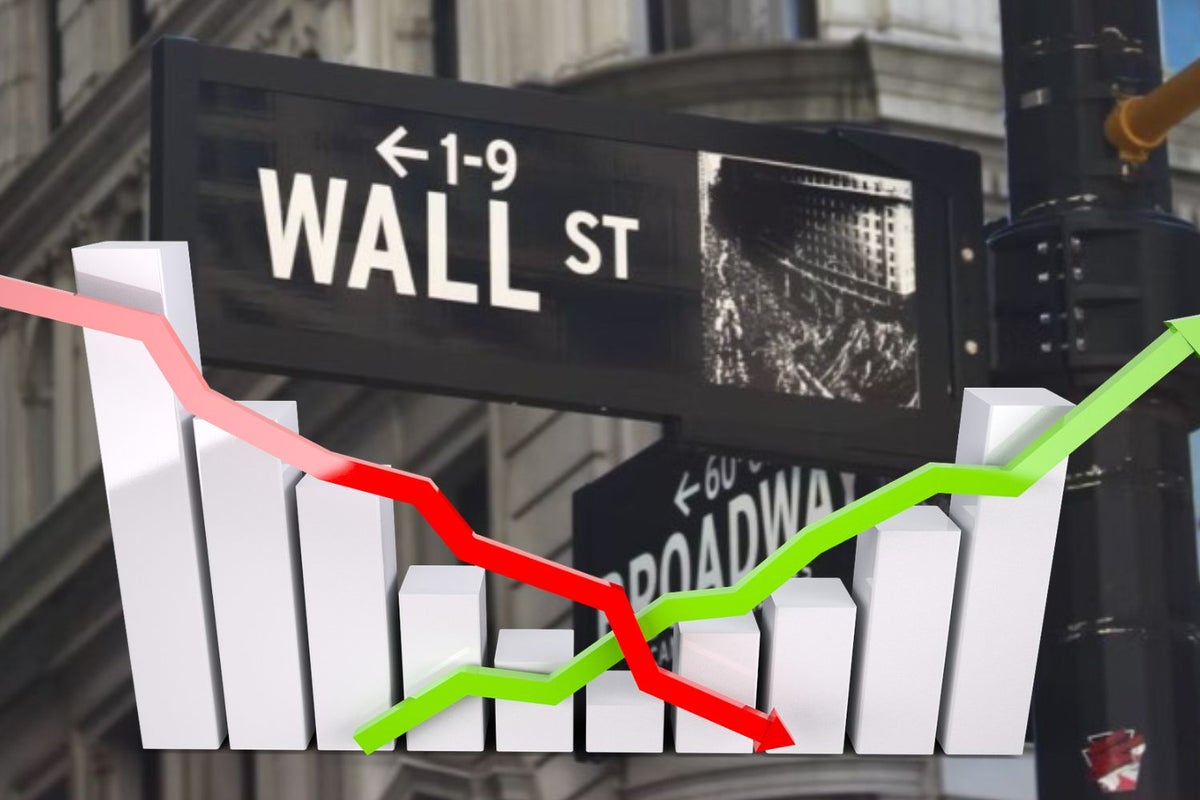[ad_1]
Since the 1960s, the idea that financial markets accurately reflect the underlying value of traded stocks has been widely recognized.
It is built on the idea that investors make buy or sell decisions based on a logical assessment of a company’s future cash flow, meaning they take into account all pertinent facts and that markets efficiently distribute capital to businesses.
Though, in recent years, it’s become far more complicated than that. Gone are the days of rational investing, and proper allocation — each market participant acts and plays freely based on their individual ideas and follows their own personal interests.
Although the law of supply and demand always prevails in markets, there are a lot of other elements that influence how the markets fluctuate.
1. The communication of economic news or indicators
2. Military conflicts of any kind
3. Inflation or deflation worries
4. Fiscal and monetary policies of governments
5. Performance figures for businesses or governments
6. Regulation or deregulation policies
The list goes on, but let’s talk about two of the points above that have been rattling the markets this year.
Concerns over inflation or deflation, and government fiscal and monetary policy.
The Federal Reserve has been steadily raising interest rates over the past six months, four of which were jumbo increases of 75 basis points, in an effort to lower inflation, which is still close to 40-year highs.
The Fed is taking into account the overall effects of its rate hikes to date when calculating future rate increases, according to a policy statement released after the most recent announcement.
The December meeting might see a half-point increase and then a few smaller increases in 2023. Economists are hoping this signals a plan to slow the rate of increases going forward.
Still, the broad market S&P 500 erased 4.64% of the 9% rally which began in mid-October, during the week Fed Chair Jerome Powell said there were more rate hikes ahead.
How do rising interest rates complicate trying to time the markets?
Fed officials said they believed the inflation rate spike that initially occurred above the 5% mark in May 2021 was a transient event that will self-correct. The Fed was obligated to act as a result of persistently high inflation rates, which caused indicators to decline.
It should be remembered that even while changing interest rates make stocks more susceptible to downside risks, there are still opportunities for further gains. The crucial factor, according to Rob Haworth, senior investment strategy director at U.S. Bank Wealth Management, is how well [business earnings] will perform in the early months of 2023.
It is true that there have been times in the past when higher rates were accompanied by lower valuations and subpar returns, most notably in the 1970s and the early 1980s.
That being stated, when rates are extremely low, the link between rates and stocks alters.
According to BlackRock, the relationship between interest rates and valuations has been murkier at current levels. At least historically, when rates are rising from low levels, as they are now, stock valuations have been more likely to increase than decrease.
Of the reasons why increasing interest rates can have an impact on equity markets, one is the competition between the yields on bonds and stocks.
“If interest rates move higher, stock investors become more reluctant to bid up stock prices because the value of future earnings will look less attractive versus bonds that pay more competitive yields today,” Haworth said.
Read next: Americans Shouldn’t Blame Joe Biden For Inflation, This Economist Says: Look Beyond The Borders
[ad_2]
Image and article originally from www.benzinga.com. Read the original article here.

